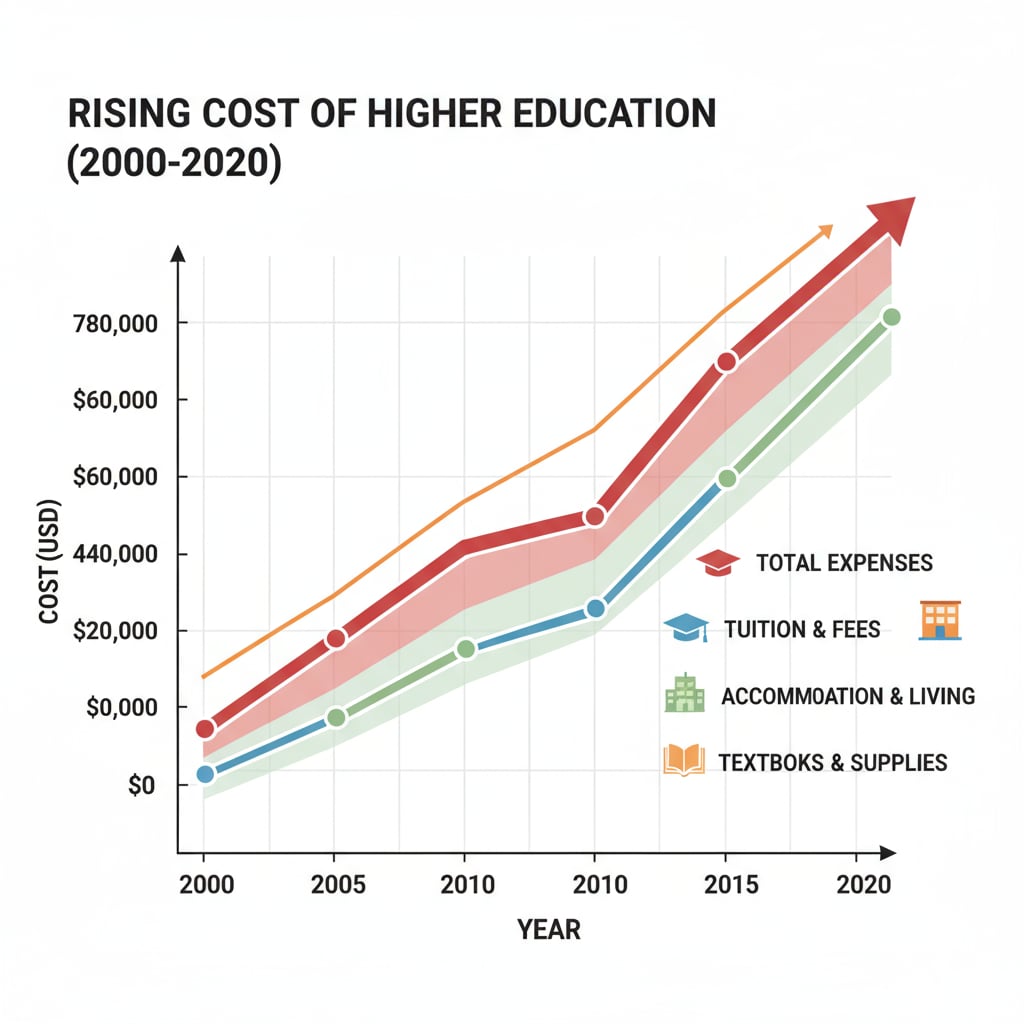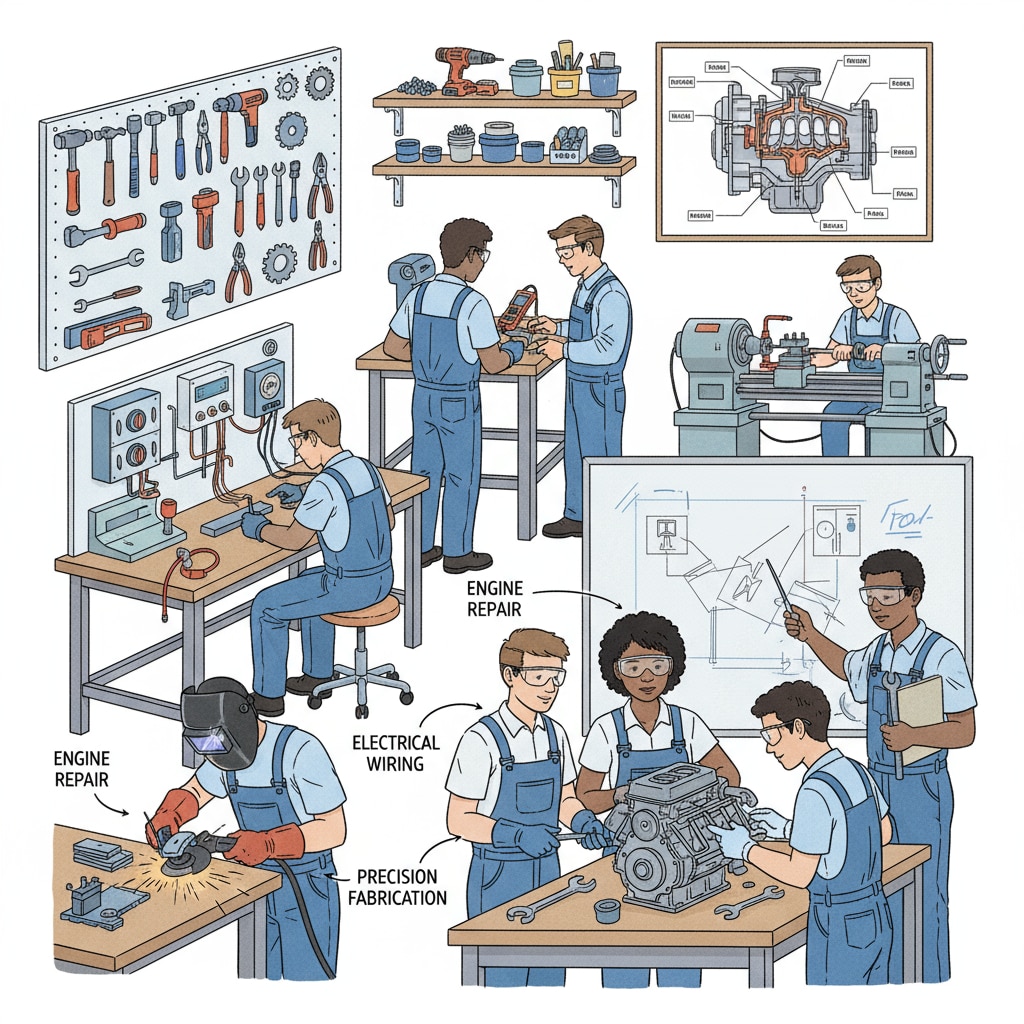In an era where the job market is constantly evolving, the concepts of higher education, return on investment, vocational and technical education, and employment prospects are at the forefront of discussions. As the number of college graduates swells each year, many are starting to question whether the hefty investment in higher education still yields the same rewards as before.
The Declining Return on Higher Education Investment
The cost of higher education has been steadily rising over the years. Tuition fees, accommodation, and textbooks all contribute to a significant financial burden on students and their families. For example, in the United States, the average student loan debt has reached staggering levels. According to Consumer Financial Protection Bureau, many graduates are struggling to pay off their loans, which indicates that the return on their educational investment may not be as high as expected. This increase in cost, combined with a more competitive job market, has led to a decline in the perceived value of a university degree.

The Allure of Vocational and Technical Education
On the other hand, vocational and technical education is gaining more attention. These programs focus on developing practical skills that are directly applicable to specific industries. For instance, fields like plumbing, electrical work, and nursing require hands-on skills that vocational training can provide effectively. Graduates from vocational programs often find themselves in high demand, with good job prospects and competitive salaries. As reported by Bureau of Labor Statistics, certain vocational occupations are projected to have strong growth in the coming years.

Moreover, vocational and technical education typically takes less time to complete compared to a traditional four-year university degree. This means students can enter the workforce earlier and start earning money sooner. This shorter time to market is a significant advantage, especially in today’s fast-paced economy.
Readability guidance: As we can see, both higher education and vocational and technical education have their own pros and cons. The choice between the two depends on individual interests, career goals, and financial situations. It’s important for students in the K12 stage to explore these options early and make informed decisions about their future.


